JOIN CANADA
RECEIVE CUSTOM ADVICE FROM AN AGENT
Canada
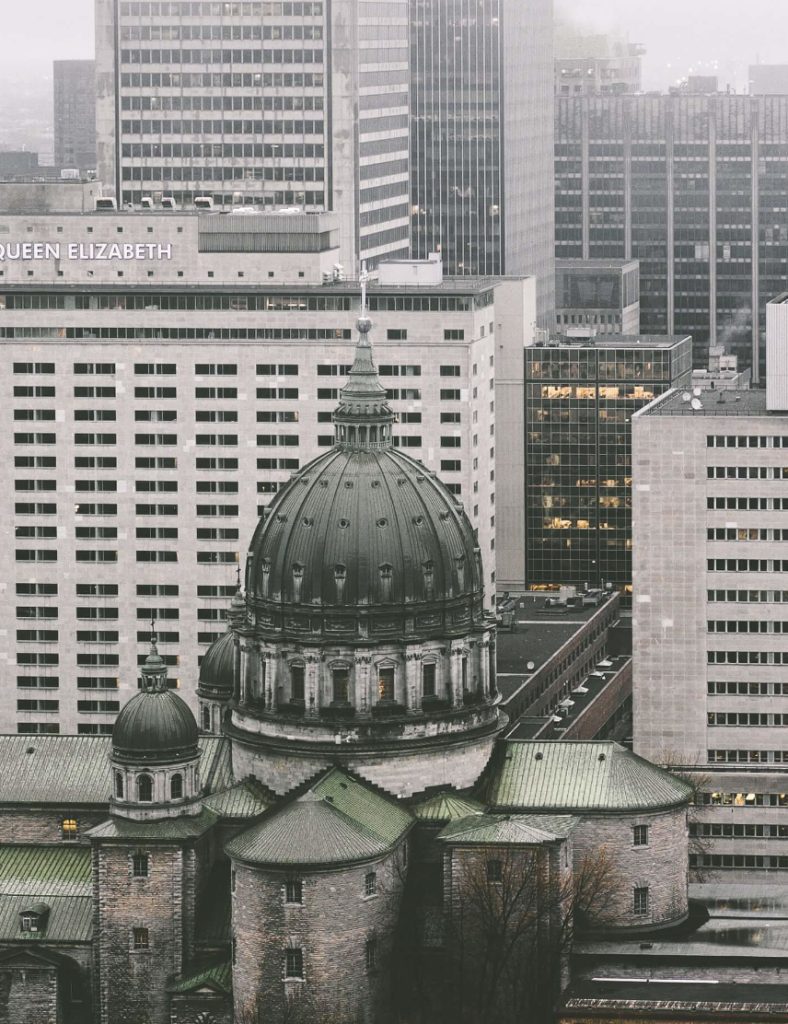
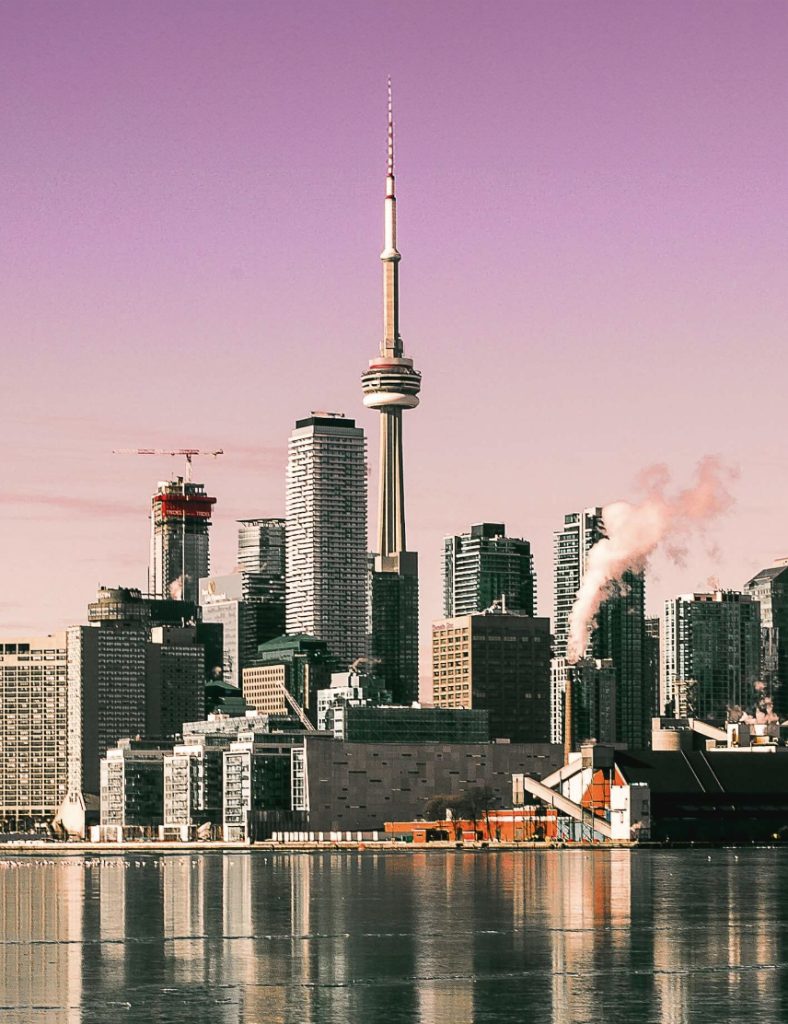
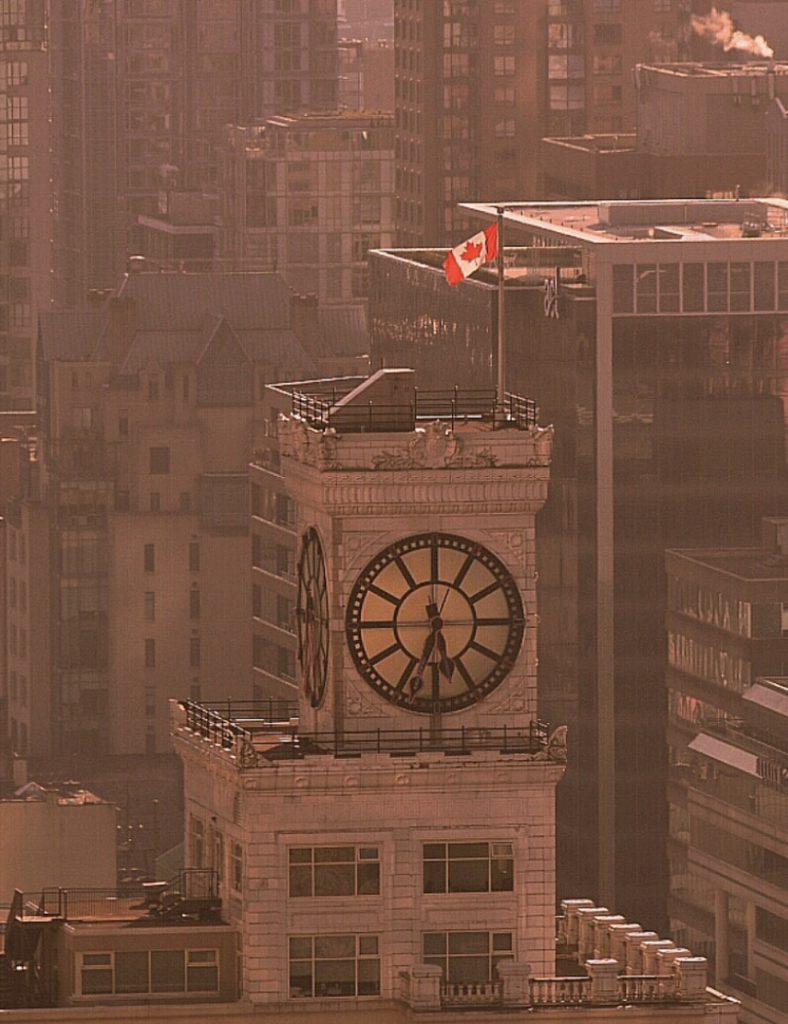

Study
Language is a fundamental element in high-quality education and the productivity of a nation. When you choose Canada as a destination, you are choosing a country that depends on high-quality programs to support the highest quality of education, quality of life and a strong economy.
You are choosing a country that values language, and that offers everything in two of the most important languages in the world, English and French. Tuition fees and cost of living for international students are generally lower in Canada than in other countries, making Canada one of the best study abroad destinations.
At Will World Education, we offer a wide range of courses tailored to the needs of each student. We help and guide our students to find the right program according to their expectations and personal objectives.
We represent more than 20 institutions recognized by industry and professional bodies, guaranteeing high-level education.
English courses
Canadian institutions and universities provide a wide range of English courses suitable for all levels, from basic English courses to workplace English courses. Includes general English courses, English for academic purposes, business English, exam preparation (IELTS, TOEFL, TOEIC, Cambridge) and much more.
Exam preparation
This is the perfect route if you have academic goals. This course develops your skills to a high level with a strong focus on speaking and writing. It is an option as a direct route to many universities to start a professional, undergraduate or graduate program.
Road to college
Most Canadian institutions offer English courses for academic purposes, as an option to directly start a degree or post-graduate program for students who have met the English proficiency requirements, without taking an IELTS/TOEFL exam.
You will earn a degree, diploma or certificate from any of Canada’s top institutions that will be recognized globally and will redefine your career. Colleges and Institutes have forged strong links with the private sector to develop applied research programs.
These programs are an important part of Canada’s innovation system, equipping graduates with the skills and experience needed to address some of the key challenges of today’s globalized society. You can study at one of Canada’s world-renowned institutions for half the cost of attending one of equal reputation in the United States. Compared to studying in the United States, United Kingdom, Australia and New Zealand, Canada offers the lowest tuition fees for foreign students.
What do i need to start working?
You need to obtain an IDR number (Inland Revenue) to do so, you must open a bank account and provide other important documents. You can find out more on the Inland Revenue website. New Zealand has a wide range of industries and many have part-time employment opportunities, including: Retail – supermarkets, department and clothing stores. Hospitality – cafes, bars and restaurants. Tourism – hotels and motels. Agriculture and fruit harvesting. Sales and telemarketing, administrative or office functions.
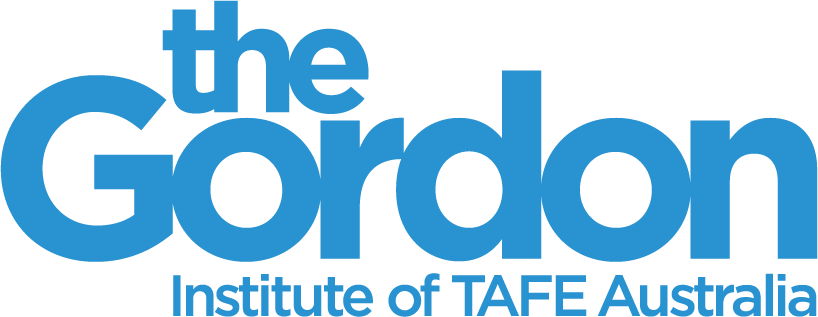






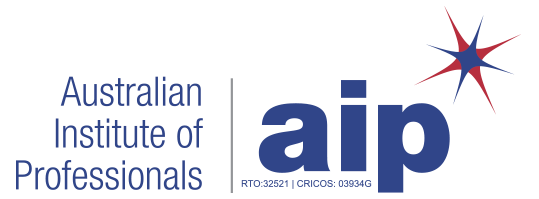
EXPLORE THE WEBSITE
AUSTRALIA
Melbourne – Head Office
Suite 803,530 Little Collins St.
Melbourne VIC 3000 Australia
P. +61 390429490
Adelaide
Suite 219, 147 Pirie St.
Adelaide SA 5000 Australia
P. +61 881173947
Brisbane
Level 2 / 260 Queen St.
Brisbane QLD 4000 Australia
P. + 61 415 781 278
COLOMBIA – LATAM
Bogota
Carrera 19 A No. 82-40 OF. 401
Bogota-Colombia
P. +57 601 7555997
EUROPE
Barcelona
C/Eslava Sabadell
Barcelona-Spain
P. +34 640908288
We are here for you. Contact us now!
Download E-book

Based on a true real life story. Leadership, success and personal growth.
Specially created to get an easy adaptation process while migrating, based on my own evolution in Australia.
By: William Moreno Acero